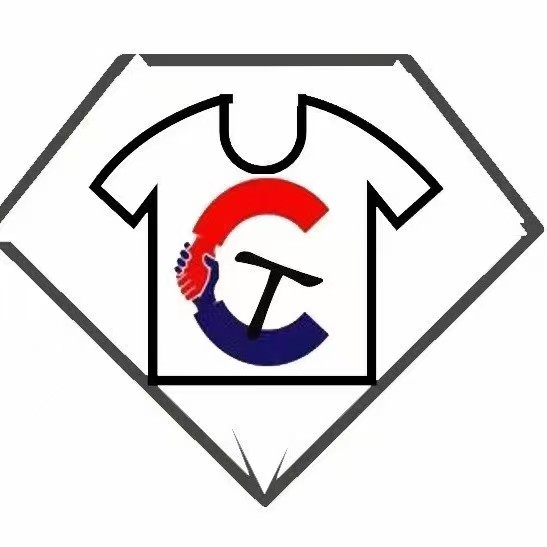The fashion industry has come a long way in terms of ethical practices and sustainability, especially when it comes to garment factories. Once notorious for their use of sweatshops and exploitation of workers, many companies are now taking steps to ensure that their factories are operating in a more ethical and sustainable manner.
In the past, garment factories were often located in developing countries where labor was cheap and regulations were lax. This led to the widespread use of sweatshops, where workers, often women and children, were paid very low wages and forced to work in unsafe and unhealthy conditions. These practices came under increasing scrutiny as consumers and activists began to demand more transparency and accountability from fashion brands.
In response to this pressure, many companies have started to clean up their supply chains and ensure that their factories are operating in a more ethical manner. This includes paying workers fair wages, providing safe working conditions, and ensuring that workers are not exploited or abused. Some companies have also begun to invest in sustainable practices, such as using eco-friendly materials and reducing waste and pollution.
One example of a company that has made significant strides in this area is Patagonia. The outdoor clothing brand has long been a leader in sustainability and ethical practices, and they have worked hard to ensure that their garment factories meet high standards for worker welfare and environmental impact. They have also been transparent about their supply chain, allowing customers to see exactly where their clothes are made and under what conditions.
Other companies have followed suit, with many now publishing annual sustainability reports and setting ambitious goals for reducing their environmental footprint. This includes reducing water and energy usage, using recycled materials, and implementing fair labor practices throughout their supply chain.
While there is still much work to be done, the fashion industry is slowly but surely moving towards a more sustainable and ethical future. Consumers can help drive this change by supporting companies that are committed to ethical practices and choosing products that are made in a responsible manner.
In conclusion, the evolution of garment factories in the fashion industry from sweatshops to sustainability is a positive development that is helping to create a more ethical and sustainable industry. By supporting companies that are committed to these principles, consumers can help drive further progress towards a more ethical and sustainable fashion industry.
